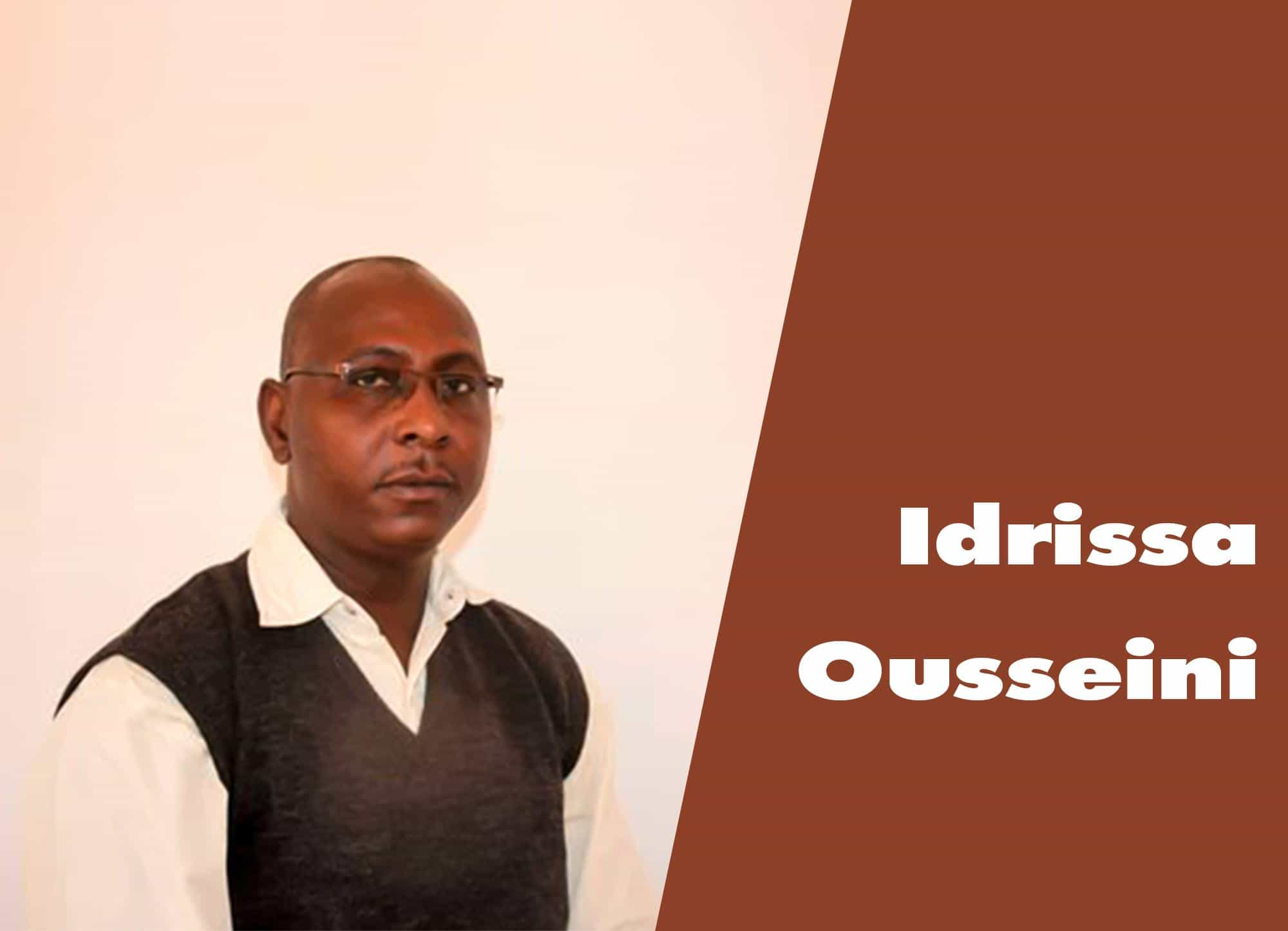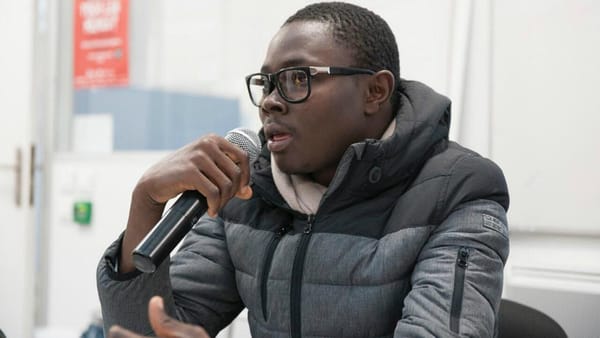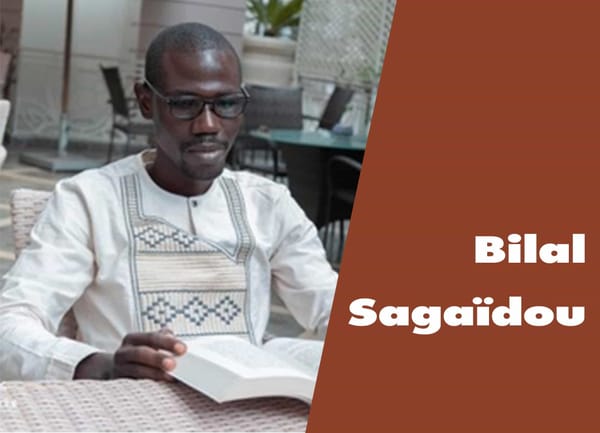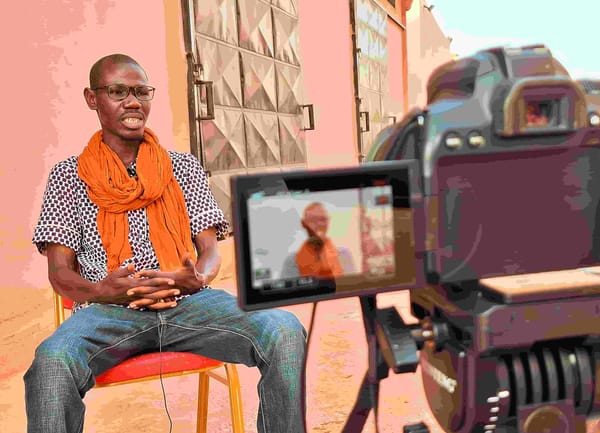Idrissa Ousseini dirige cette première école privé laquelle à avoir ouvert ses portes au Niger. Seulement quatre ans après l’obtention de son Master, le nouveau diplômé de l’École Supérieure de Journalisme de Lille part à la quête d’un seul et unique rêve : redonner de sa superbe au journalisme nigérien.
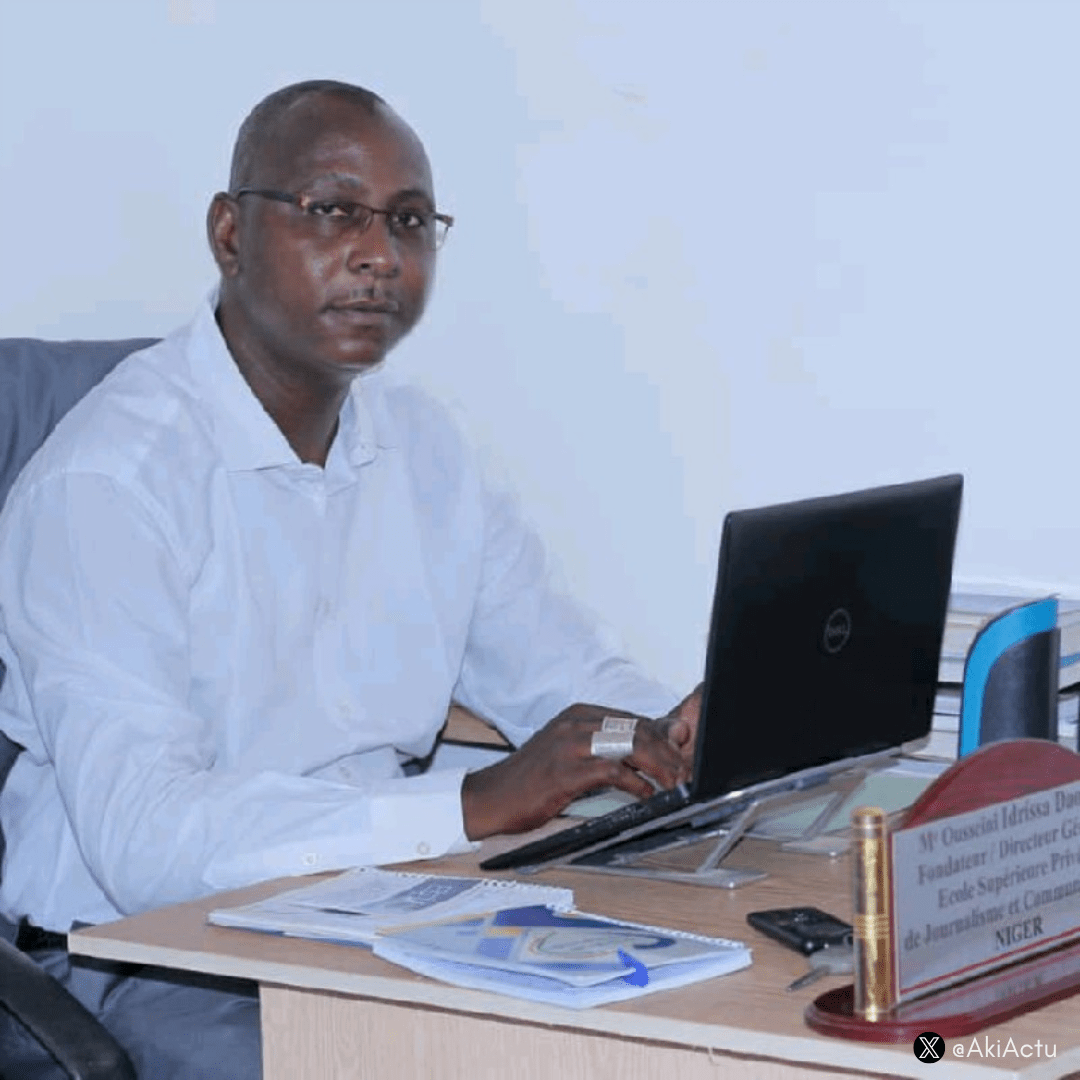
L’information, un métier passion
Idrissa débute sa vie étudiante par une Licence en Communication. Alors que rien ne le prédestinait au journalisme, il y fait ses premiers pas grâce à une offre d’emploi de la « Radio Jeunesse Boukoki ». Poussé par sa curiosité, l’homme devient journaliste « malgré lui » et tombe en amour avec le métier. Bouboki FM, considérée comme étant la première radio des jeunes du Niger, a su éveiller la flamme de la passion dans le cœur de l’homme qui deviendra son directeur.
Après deux années passées à Lille, Idrissa prend la tête de la radio. Quelques temps plus tard, l’amoureux des médias éprouve le besoin de « voir plus grand ». Animé par l’envie de transmettre ses connaissances à la jeunesse, ainsi qu’aux journalistes nigériens aguerris, l’homme rêve de fonder une école de journalisme et son souhait devient réalité. Aujourd’hui, l’école située à Niamey, propose des formations en journalisme en initiale, continue et en ligne ainsi que des formations modulaires de courte durée en communication.
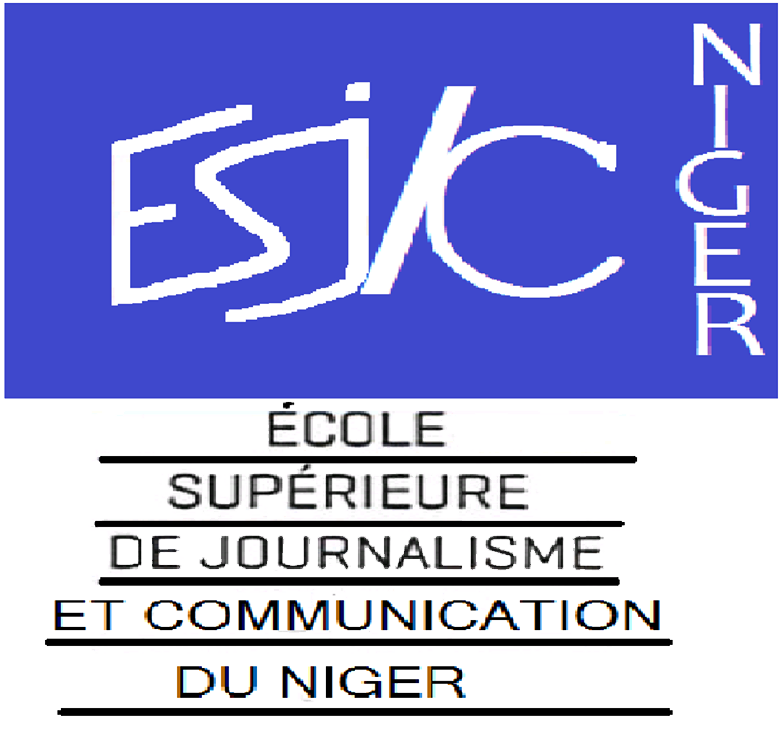
Transmettre « le blason de la profession »
Au Niger, classé 61e sur 180 pays selon le classement de Reporters Sans Frontière (RSF) sur la liberté de la presse, le rayonnement des médias est relativement limité.
Selon Idrissa Ousseini, « Un peuple bien informé permet de contribuer au développement économique, social et culturel du pays. ».
Pour se faire, l’homme place ses espoirs en la formation de la jeunesse, considérant que l’éducation aux médias est essentielle dans un contexte politico-sécuritaire tendu.



